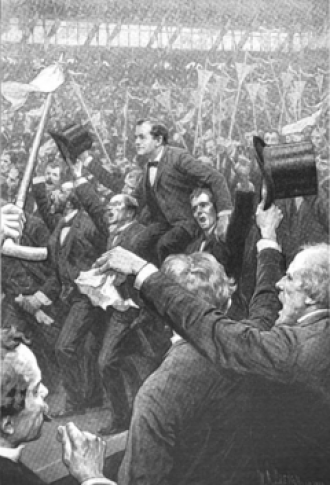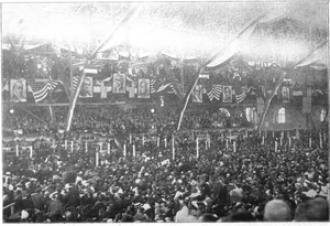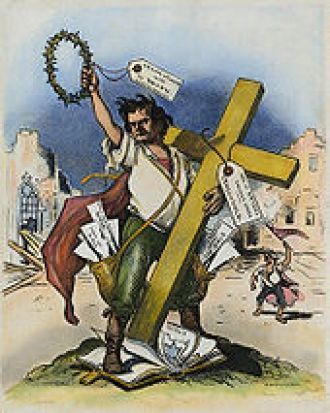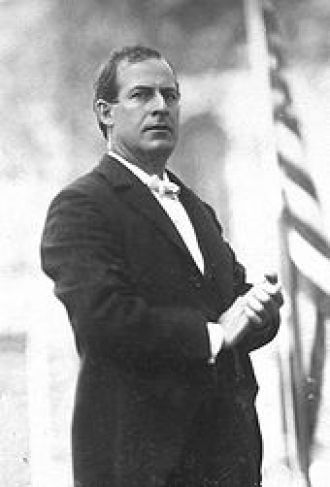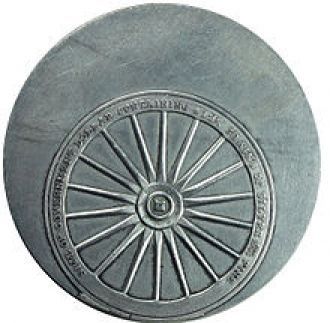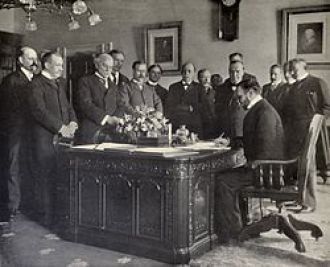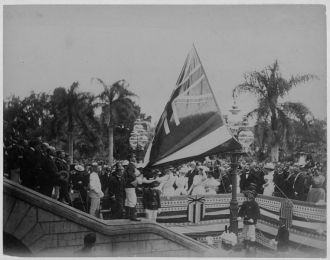USA, Illinois, Chicago
This refers to a political speech delivered by former Congressman and prospective US presidential nominee William Jennings Bryan to the Democratic National Convention in Chicago on July 9 1896. The speech concludes:
“If they dare to come out in the open field and defend the gold standard as a good thing, we shall fight them to the uttermost, having behind us the producing masses of the nation and the world. Having behind us the commercial interests and the laboring interests and all the toiling masses, we shall answer their demands for a gold standard by saying to them, you shall not press down upon the brow of labor this crown of thorns. You shall not crucify mankind upon a cross of gold.”
The speech is relevant to monetary economics and international finance today because it illustrates the potential impact of, and political struggle regarding, exchange rates. Within a particular country’s economy, individuals and businesses with debts or other fixed obligations such as labor contracts tend to benefit from inflation, that is, a cheap currency. Importers and consumers prefer an expensive currency. Across countries, an economy which depends on export sales can benefit if its currency is cheap, thereby making its products attractive to foreign customers. This tension can lead to inconsistent preferences even among the same group in the economy. Consumers, for example, will want a cheap currency to boost their prospects for working in export dependent industries but will want an expensive currency that allows them to consume more foreign products.
The context of the speech is the long political struggle to return the United States to a single metallic monetary standard after decades of uncertainty that began with the outbreak of the Civil War in 1861 and the issuance of paper money (“greenbacks”) by the US Treasury that was not convertible into gold or silver. At points, particularly during the war, greenbacks traded at a substantial discount to gold coins.
In the 1890s, the choice was between a gold standard and a silver standard. Because silver was considered a relatively cheap metal, it was believed that a silver currency would benefit debtors by allowing them to reduce their debts at relatively modest costs. Silver was also believed to benefit farmers and manufacturers whose products, priced in cheap silver money, would appeal to foreign customers. In contrast, importers, individuals and businesses who saved, and others, held an opposing opinion, preferring a gold monetary standard. The speech is viewed as populist because of the belief that farmers, small businessmen, debtors, and the “little man” would suffer under a gold standard. Several months after the speech was delivered, Republican candidate William McKinley defeated Bryan and won the presidency. The gold standard was adopted afterwards.
Source: http://lexicon.ft.com/Term?term=Cross-of-Gold-speech



 USA,
USA, 